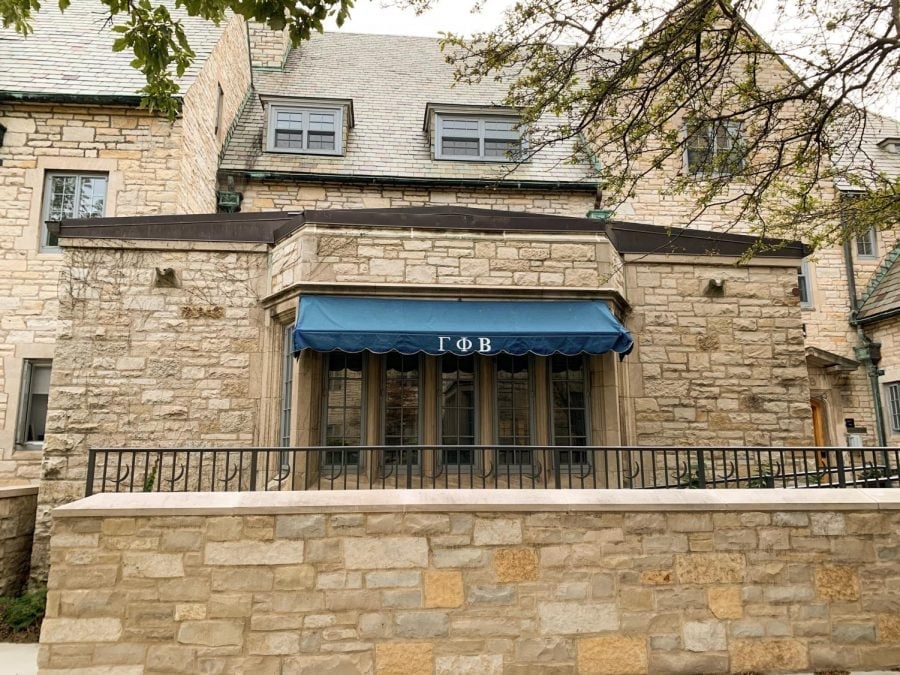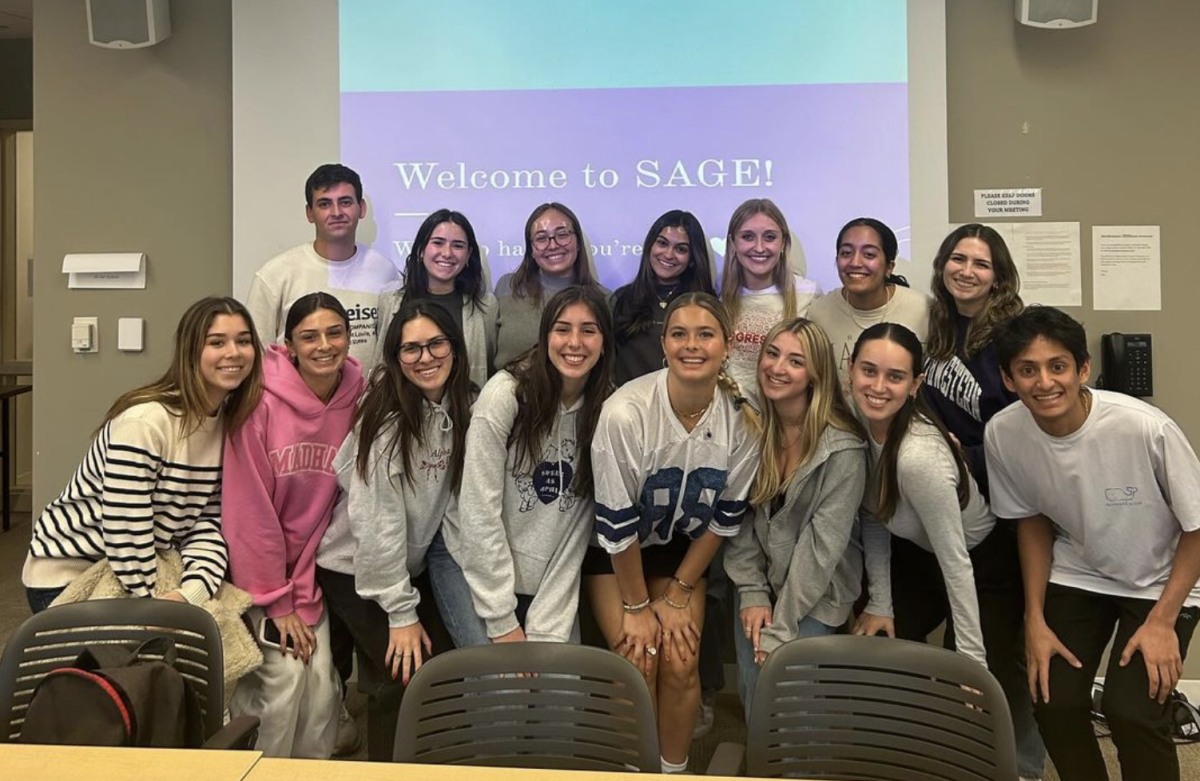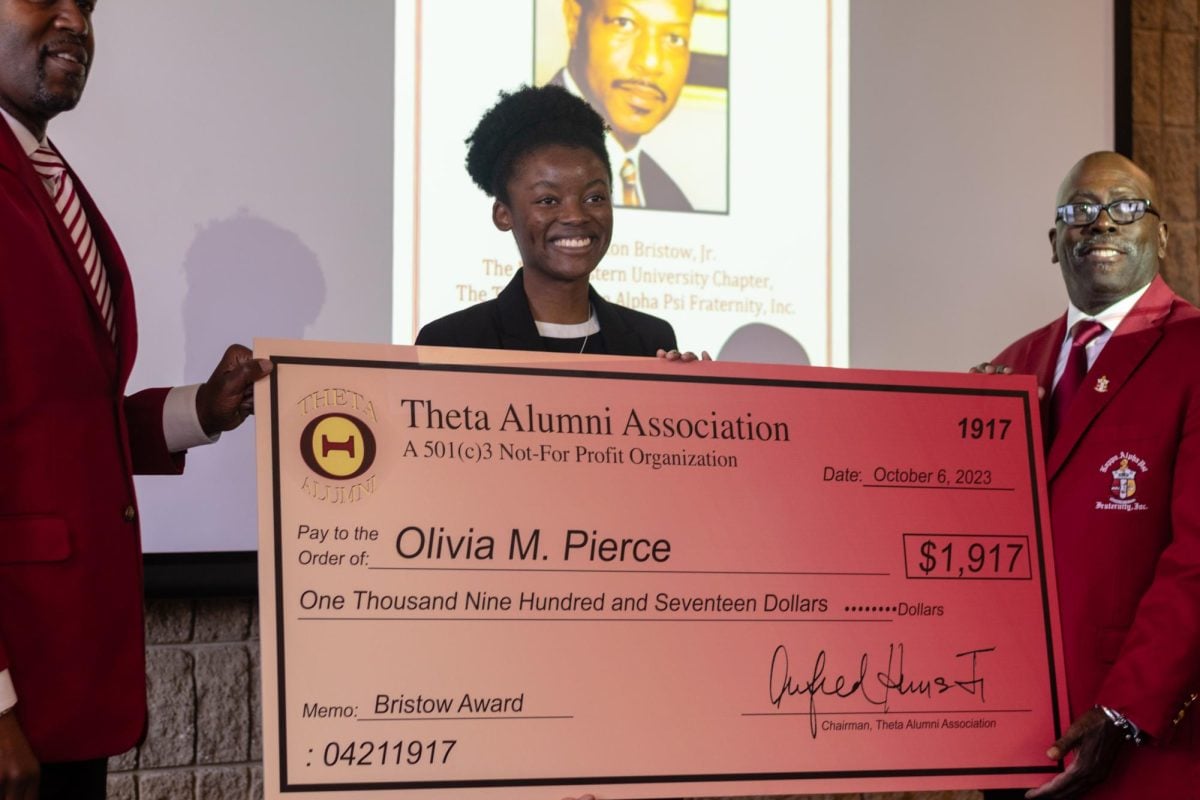Design For America, a Northwestern-based initiative that uses design to affect local and social change, is now nationwide, after launching DFA studios at eight other universities this fall.
Since its creation in 2009, the NU DFA studio has expanded to include more than 50 students in a variety of different majors, who have designed solutions that address various social issues. Some of its accomplishments include an animatronic teddy bear that teaches children how to manage diabetes, a program to increase hand sanitizer use in hospitals and a shopping cart with color-coded compartments for fruits and vegetables that encourages children to make healthy choices.
After the initial success with its studio, NU DFA leaders decided to take the program national to increase its impact. They created an application process last winter, in which 20 schools applied and seven were selected to launch DFA studios.
“The idea of expansion really came when our friends at other universities were interested in it and we kind of realized that it didn’t make sense to just keep it here at Northwestern,” said Yuri Malina, a NU alumnus (MEAS ’11) and DFA co-founder.
Malina and fellow 2011 graduate and co-founder Mert Iseri now work full time to provide support to the new studios and continue to spread DFA.
Schools using DFA studios as of this fall are Cornell, Stanford, Columbia and Brown universities; the University of California, Los Angeles; the Rhode Island School of Design; University of Oregon, Eugene; Barnard and Dartmouth colleges.
Student leaders from each of the new DFA schools attended the Leadership Studio conference at NU in August to learn the DFA design and brainstorming processes so they could successfully launch studios on their own campuses this fall.
“I was drawn to the idea of creating an organization on campus that really focuses on more sustainable impact,” said Barnard sophomore and DFA studio leader Lulu Mickelson, who attended the conference. “It really taps into something that students are looking for and don’t really have an outlet for right now, which is to creatively engage the community and make more tangible social change in their campus and in their cities.”
Dr. Elizabeth Gerber, an assistant professor of mechanical engineering at McCormick School of Engineering, founded DFA at NU in February 2009 with Malina, Iseri and McCormick senior Hannah Chung.
Gerber said she always wanted the initiative to expand beyond NU.
“We have this platform, which is DFA, in which people can engage and work out problems in their local community,” Gerber said. “The goal is to have universities be the host of Design for America across the country working in their local communities.”
Chung said DFA’s next goal is to spread to 50 universities in the next five years.
“The idea is that each studio works on its own social local problem, and if you branch out to 50 different studios, then that small local change is going to be a national change,” she said.






